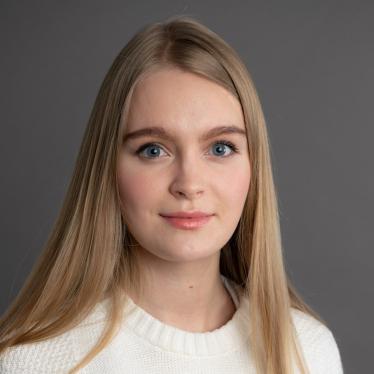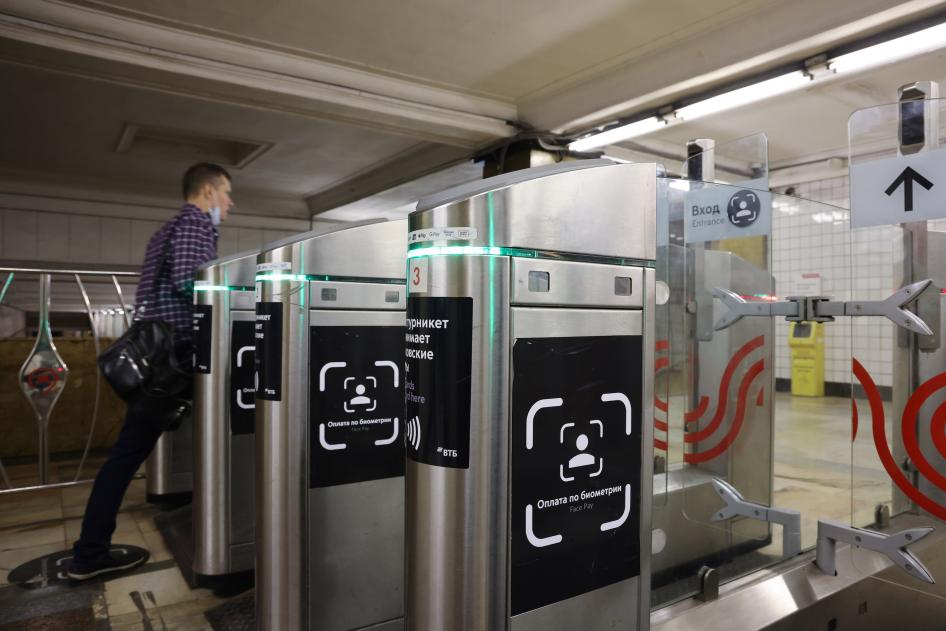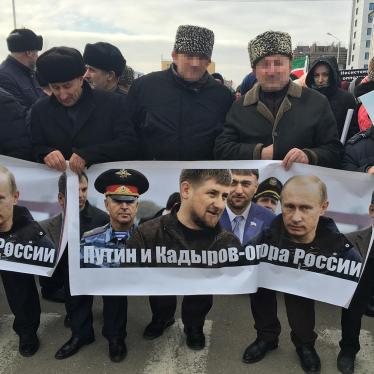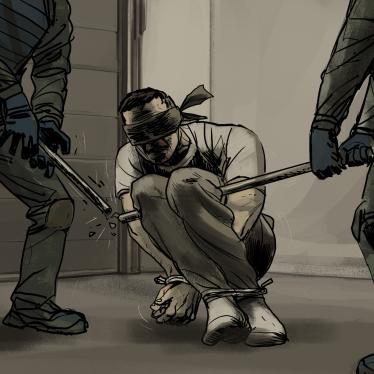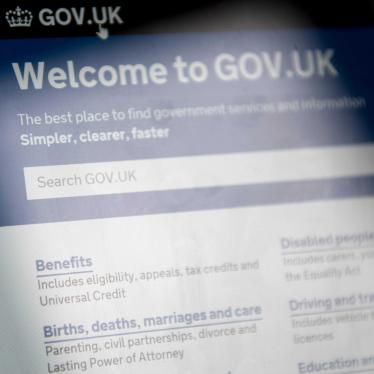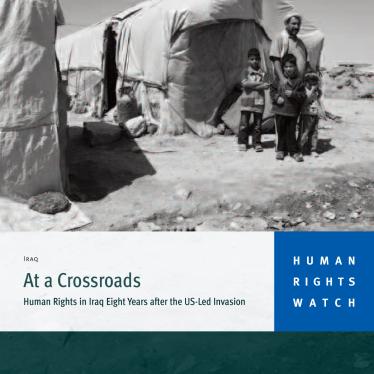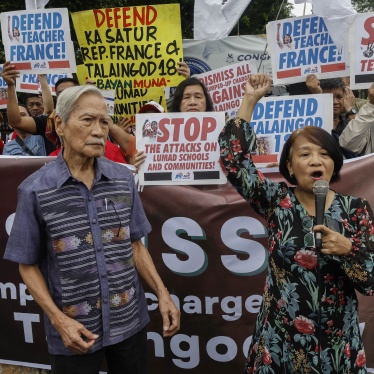Moscow authorities are using the city’s video surveillance system with facial recognition technology to track down and detain draftees seeking to evade mobilization for Russia’s war on Ukraine.
BBC Russian and some Telegram channels reported that at least seven men have been detained over the past month by law enforcement officers after the city’s facial recognition system flagged them to the police as “draft dodgers.” Following their detention, the men were brought to a police station and then a military enlistment office. While some were released as they were not eligible for the draft, at least two were told to go to the front line.
Russian law does not meaningfully restrict the use of facial recognition technology, so there’s little to prevent misuse and few, if any, protections for those under surveillance.
In recent years, the state has been using the technology to identify and prosecute peaceful protesters. Police routinely collect biometric images of detained protesters for its biometric database. It is possible that protesters who are already in the system may become convenient targets for the draft via facial recognition.
In addition to the seven recent detentions, in October, prominent digital rights group Roskomsvoboda documented the case of an activist, Yulia Zhivtsova, detained by the police in the metro after the facial recognition system mistakenly flagged her as a draftee. She was then released, though charged for “discrediting the Russian army” because of the “no to war” tattoo on her palm. Zhivtsova said the facial recognition system used the image police had taken after detaining her at an anti-war protest.
Roskomsvoboa documented the case of another protest participant, Andrey (not his real name), also flagged by the metro’s facial recognition system to the police who then tried to hand him the draft letter.
Moscow Information Technology Department is now planning to extend Moscow’s facial recognition system capacity to other regions. In the meantime, police across Russia hand draft letters to detained anti-mobilization protesters.
Russian authorities’ use of facial recognition for their draft campaign showcases the variety of ways in which they are quick to misuse technology to violate people’s privacy and punish dissent. This is one of many examples showing why a global ban on all uses of facial recognition that enables mass or discriminatory surveillance is urgently needed.
